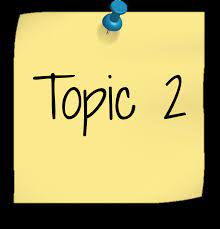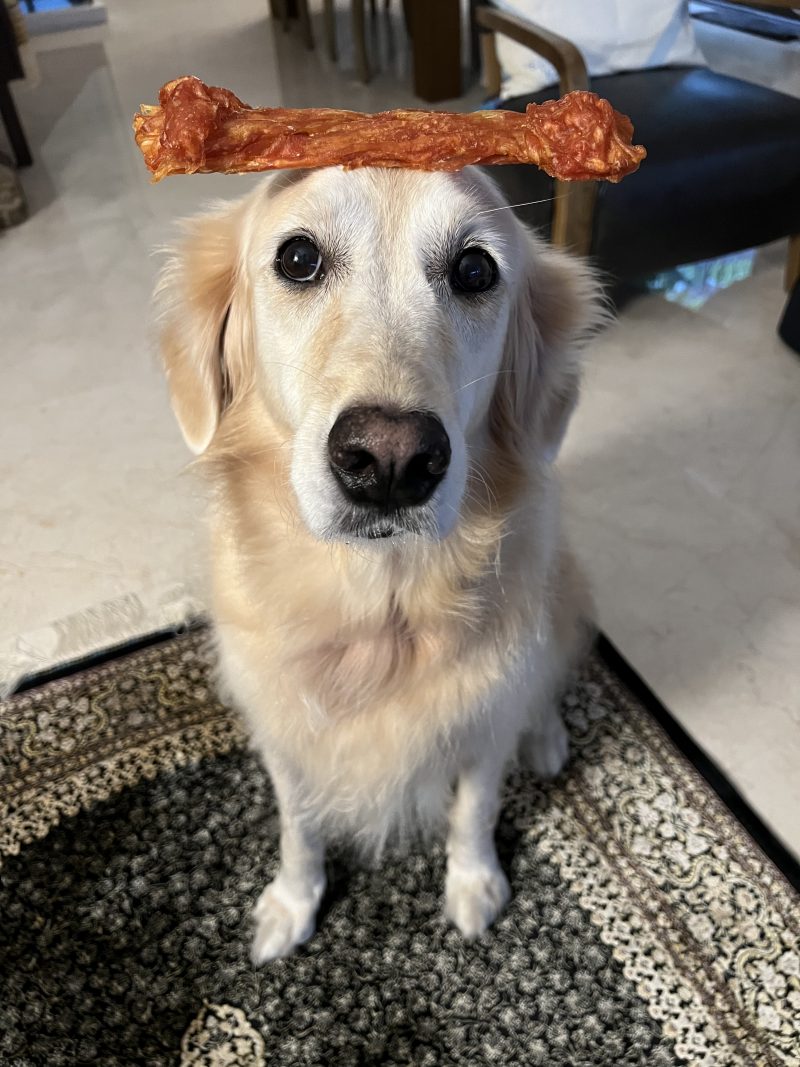Reflections on Topic 2
“Openness its key attribute is about freedom – for individuals to access content, to reuse it in ways they see fit, to develop new methods of working and to take advantage of the opportunities the digital, networked world offers” (Weller, 2014)
Openness is definitely important to me. I use a lot of open resourses for my own education, and i also contribute by creating my own resources and posting them to my open educational website that deals with ultrasound education.
I particularly like creative commons, and think that this is a really useful way of letting people know what they can and can’t dp with material they come across digitally. Depending on the type of license, some resources that are licensed under creative commons allow users to even modify and improve on the content. It also saves me a lot of time and money as I do not need to reinvent the wheel.
I also feel that as an educator, I play more of a role of guiding students towards useful resources available digitally. YouTube educational vidoes are an excellent open resource. However there are limitations as well, as I understand that certain countries prohibit access to YouTube.
I believe that education should be accessible to all walks of society, and to all people who have an interest. Unfortunately, we have to be realistic as well, and perhaps meet somewhere in the middle. I always wonder who funds many of the open resources that I come across, and for what purpose ?
There does not seem to be a lot of open learning in the area of my work in my institution. I think that we could certainly do better. I also think that in medicine, educators still value traditional means of developing educational resources. For instance, a published book is considered more of an achievement compared to an educational website with the same content ! There are a great number of excellent free resources for medicine on the internet. These are known as Free Open Access Medical Education (FOAMed). Many of these have excellent content, but I do wonder if students actually use them or prefer to go to the more well established traditional books.
I love digital technology. I think it plays an extremely importany role in open learning. I use Twitter for a lot of learning and have made connections with other professionals here. Digital technology allows collaboration across continents, with people in geographically distict areas. It also speeds up the pace of things, makes things happen faster and more conveniently.





3 Comments
Add Yours →I like how you talk about being realistic, it is always important to think about how open we need to be, and that should also vary depending on the specific context you are in. The level of openness depends on context, and the level to which you are open or closed is always in constant negotiation.
For me, i seek to balance privacy and openness by thinking about this from fours levels. At the macro level, decide whether or not you will share openly, i.e., are you ready to engage in open networking and sharing. At the meso level, consider whom you would like to share with (e.g., family, friends, faculty, students, interest groups, the wider public), as well as those with whom they do not want to share. At the micro level, decide who you will share as, i.e., your digital identities. Is it from a personal level or from a professional level. At the nano level, when you come across resources by others, will you share?
Hi Dr Suresh,
I have seen your twitter (@pocus_today) and although I am not a medical student, I can see that your audience appreciate the effort that you put in through the number of comments and retweets.
Love your question about who is paying for all the OER stuff? After all, Bill Gates can’t be funding everything… (hefty donation to Khan academy).
Agree that educators’ role has evolved to one of facilitation and mentorship. Specifically guiding students to find useful resources instead of always curating and serving it all to them on a silver platter. Prof Sanjay (keynote at NTEL 2022) lamented that Proxy assessment is broken. Everything is distilled to such an extent, the authenticity is gone.
Its a pity that while I was working at TTSH, I did not connect with you via Twitter. Thanks to ONL222, its not too late. Medical education is similar to higher ed, but also not at the same time. Are you familiar with LKC’s Team Based Learning? Would love to have a chat sometime.
Sidebar: how did you come up with that twitter handle? Any interesting story behind it? 🙂
– Ben (PB04)
Thanks Ben and Kiruthika for your valuable comments. I like how you look at the level of openess from a macro to nano perspective. Interesting question that last one. When i come across resources by others i am tempted to share it and often do, but at the same time I have this thought in the back of head of wanting to protect my sources (especially if the source is not well known and it is a really good one)….I guess i am only human haha.